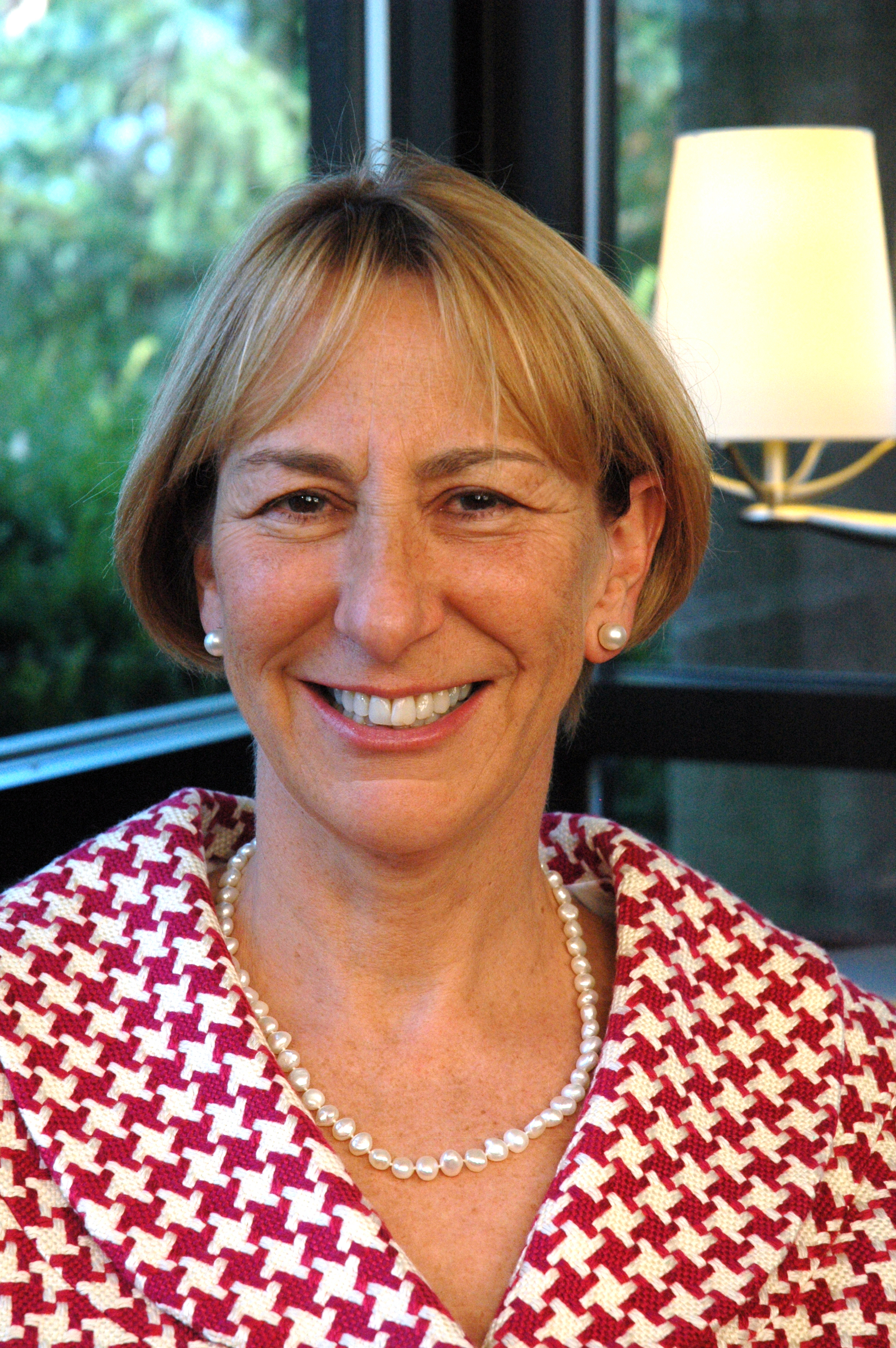College of Engineering names Mary Miller its 2013 Distinguished Alumna

Mary Miller, founder and president of Interactive Design and Development, of Blacksburg, Va., is the Virginia Tech College of Engineering Distinguished Alumna for 2013. She earned her master's degree in 1985 in computer science, part of the College of Engineering.
"The college has some 60,000 living alumni, providing us with a host of very qualified and prestigious alumni who give back to their alma mater. In Dr. Miller's case, she has served as a member of both the College of Engineering and the Department of Computer Science Advisory Boards. She has volunteered her time as a guest speaker on numerous occasions, speaking at our Engineers' Week luncheon, our Student Leadership luncheon, and to Paul Torgersen's classes on the Theory of Organization. She is a member of our Committee of 100 and one of 119 elected members to our Academy of Engineering Excellence," said Richard C. Benson, dean of the college, in making the announcement.
Miller has served both democratic and republican governors of Virginia. She has assisted in Virginia's efforts to strategize and implement the use of technology across the state's agencies and institutions of higher learning, and remains a member of Virginia's Information Technology Investment Board. A founder of this board, she has served as a former chair of its evaluation and governance committee.
Miller was the first woman to serve as the president of the Blacksburg Rotary Club, and she is past president of the NewVa Corridor Technology Council.
Miller's association with Virginia Tech started as a student in 1968 when women represented less than a tenth of the student population. She sought her bachelor's degree in elementary education because she knew women could get teaching jobs. Certified to teach kindergarten through 12th grade, she landed her first full-time position as a sixth and seventh grade teacher in Pulaski County, Va. She took a sabbatical after three years to have her two children, Matthew and Mandy.
In 1979, she returned to work, teaching math through the Marion, Va., Job Corp., and decided to take a programming class at Wytheville Community College. She arrived at the fully enrolled class with an attitude.
"I planned to force add (the course) even though the professor, Bill Durham, a retired NASA programmer, said no one could be added. I stayed after class, and told him, 'he wanted me in his class, and that I would be his best student, and I would even help the others.'"
Her tenacity worked, and she credited him with inspiring her to return to Virginia Tech to study computer science. It was the mid-1980s, and two faculty from each department were required to take J.A.N. Lee's computer science course. Since Miller became Lee's teaching assistant, she taught several of these classes, opening the door to four internal job offers when she received her master's degree in 1985.
Fortuitously, she selected the one from the then Dean of Virginia Cooperative Extension Mitch Giesler. "It was a life-changing job. I had one year of a guaranteed salary, and then I needed to fund myself with grant money. Interactive video was just taking off," she said, and she entrenched herself in the new arena.
Her job was to investigate new and exciting ways to deliver information to Virginians. Her assignment was to investigate the power of interactive video technology and to write grants. In 1986 at an Extension training conference, she was showing what a voice-activated computer could do.
Later she and Giesler arranged to present her innovative work on a public-access information system at a private meeting with the Kellogg Foundation. The presentation netted another $1.3 million grant, and Virginia Tech's Interactive Design and Development Lab was created. The lab soon attracted some significant projects such as a grant to produce a CD-ROM of agricultural information for the National Agricultural Library. The groundbreaking disk, the first CD-ROM produced by Virginia Tech, contained some 50,000 pages with more than 30,000 images.
A major downturn in the national economy in 1991 prompted the university to suggest the privatization of the lab. Miller agreed. Today, the lab's clients include such organizations as the American Federation of Teachers, members of the health care industry, and Fortune 500 companies such as Hewlett-Packard and Citibank.
And in the middle of founding the new company, she enrolled part time in a doctoral program in curriculum and instruction at Virginia Tech, earning her Ph.D. in 1996 after three years. Simultaneously, the it was recognized as one of the Top 100 Multimedia Developers in the U.S.
She was chosen as an Outstanding Woman Alumna at the 75th Anniversary of Women at Virginia Tech in 1996.




